How to choose an installer for your project
Finding the right installer for you
Whether you’re simply updating your room or looking to completely transform your space, we know choosing your installer is just as important as choosing the products for your project, so here are our top tips to help you pick the right one.
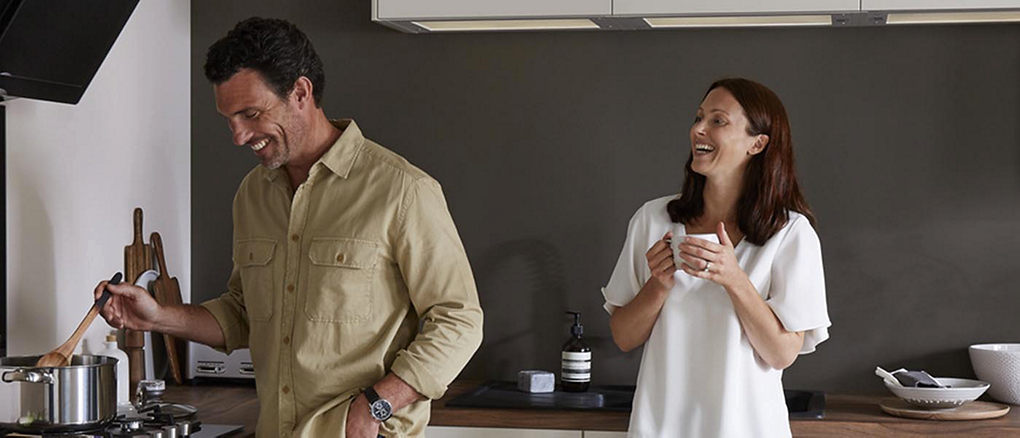

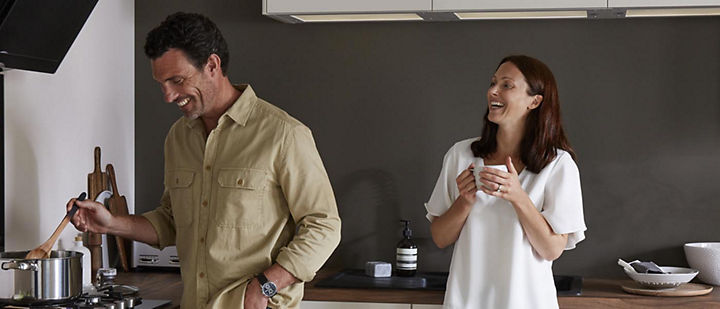
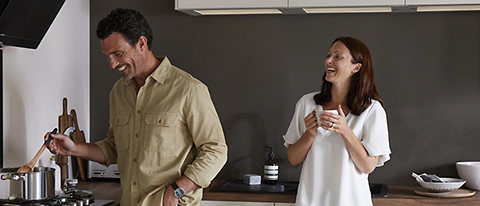
Where to start looking
- Ask family and friends for recommendations
- Check out websites that rate tradesmen
- Through a trade association
- The British Institute of Kitchen, Bedroom & Bathroom Installation (BiKBBI) is a government sanctioned and not-for-profit registered organisation, dedicated to improving standards within the industry, whilst providing consumers access to free practical advice and guidance.
- As part of their services, BiKBBI provide a ‘find-a-member’ search facility for consumers to search for and find local installers.




Find out more about BiKBBI here www.bikbbi.org.uk.
Tips for finding suitable installers
Luckily there are a number of ways to find a suitable installer for your project:
- Look at their experience as much as accreditations and qualifications
- Check their rating, customer reviews and photos from previous projects
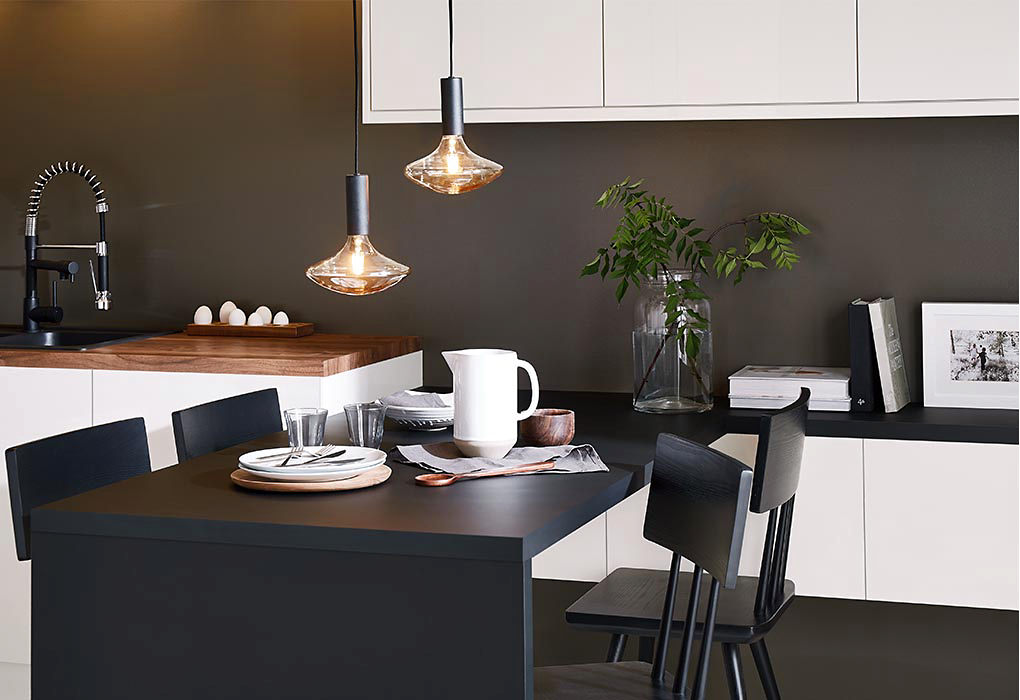

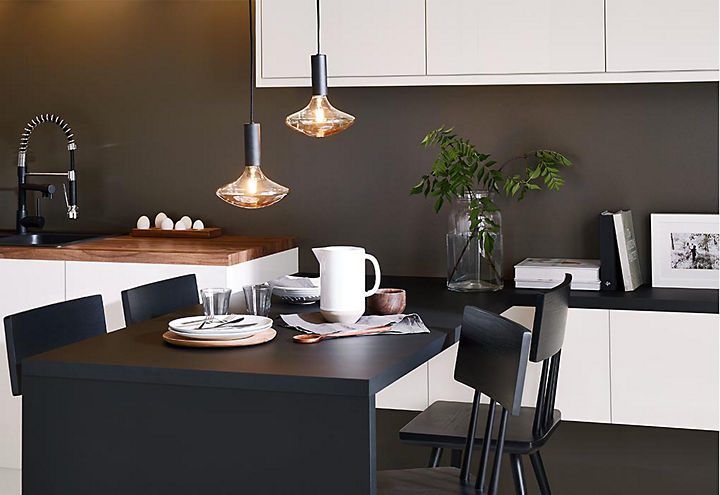

Things to do before selecting an installer
Like with any big task you’re undertaking, it’s worth ensuring you research any installer you approach for your project.
- Ask the installers to visit your home to get a full view of your room to estimate the cost of work required.
- Make sure all quotes are like-for-like.
- Do they all include materials and work that needs to be done? As well as subcontracting the tradesman? Make sure you know exactly what’s included and importantly, what’s not!
- Get quotes from at least three installers – the detail and scope of their quote can tell you a lot about their process. It can also help you spot any quotes that seem unreasonably low.
- You should only pay on completion, or at stages when you’ve agreed a payment plan, once you’re happy with the quality of workmanship.
- Ensure a pre-installation survey is carried out when quotes are being estimated.
- Agree parking arrangements and working hours.
- Check their familiarity with building regulations.
- Check their availability. Reputable installers are booked up for weeks in advance, so if they’re available soon, be cautious.
- Meet the person who’ll be doing the actual installation. Are they friendly? And do they give you any ideas or practical advice?
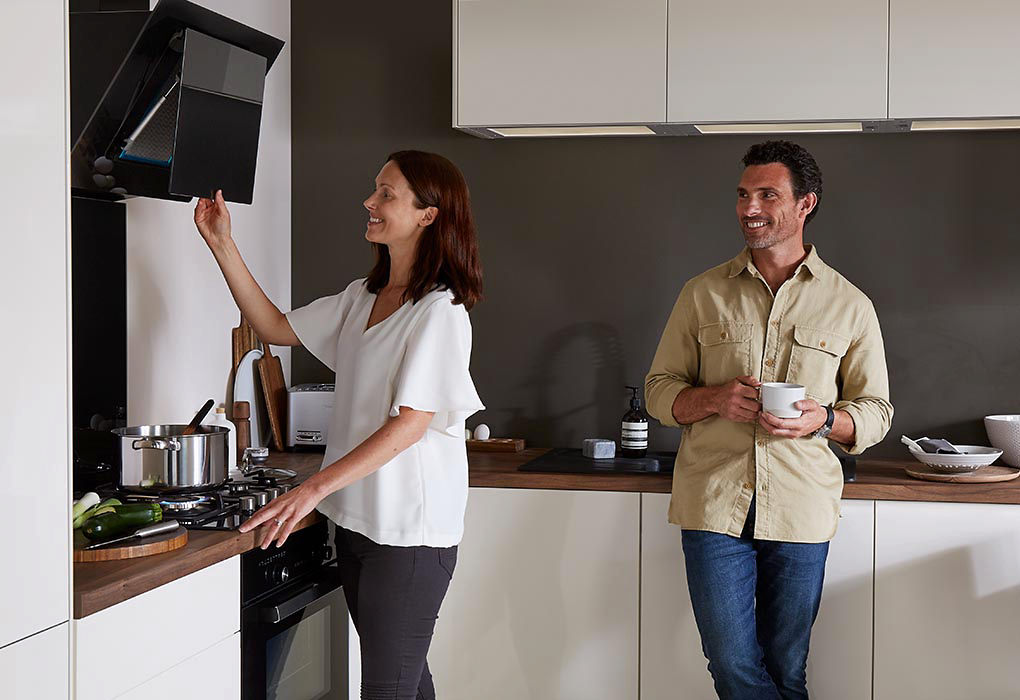

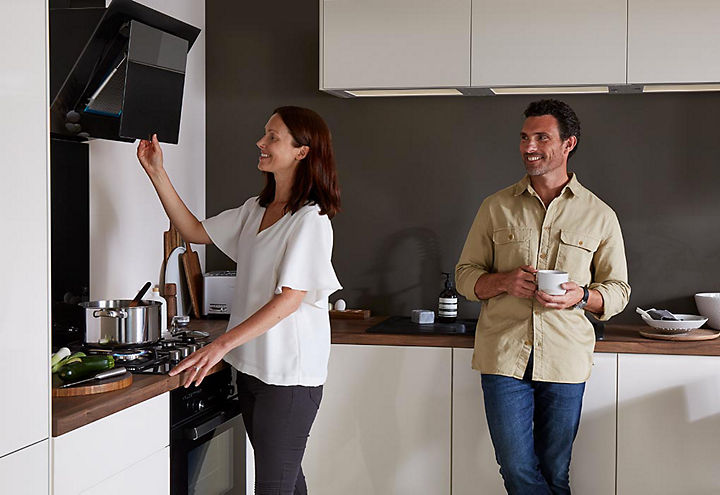
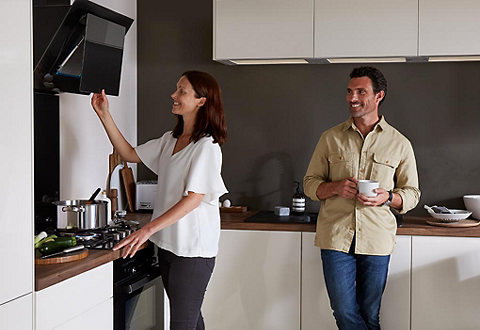
Questions you might want to ask before you decide
Before you make your final decision, think about what’s most important to you in the choice you make.
- What qualifications and experience do they have? Ask for examples of previous work from their portfolio and don’t be afraid to ask for references from previous customers where they’re available.
- Who’ll do the electrical and gas works required for the installation?
- Who are they registered with for gas and electric works (if required for your project)?
- Ask to see certificates for electrical work and Gas Safe Register ID cards for gas.
- Will they be removing and disposing of your old kitchen? (or any parts of it) If so, are the costs included in the quote?
- When will they deliver any materials required for installation and where will these be stored?
- Ask for a ‘Schedule of work’ which includes:
- A description of the agreed installation works that have been quoted for
- Project timetable, with a start date and estimated completion date
- Ensure there’ll be follow ups when your project is completed to ensure there are no concerns post-installation
- Check whether any changes can be made to the schedule of work once you’ve placed your order?
- Do they have public liability insurance and employer’s liability insurance cover? Does this cover works carried out by any subcontractors they may use?
- Do they have a health and safety policy to manage any health and safety hazards that may arise during the installation?
- What guarantees / warranties does the installer offer for the works and products supplied? Just like your kitchen is guaranteed, the installer’s work (and works completed by their subcontractors) should be guaranteed too. It’ll give you peace of mind if something should go wrong.
- Ask for a copy of the installer’s terms and conditions and ask about their cancellation and refund policy
- How long is the quote valid for?
- How do you place the order for the works?
- Who will the point of contact be for the project?
Depending on the size of the job, it can take up to several weeks. Think about whether you could work with your installer on a daily basis. Being able to maintain good communication throughout the project is essential and you should feel comfortable speaking openly about any concerns that may arise.
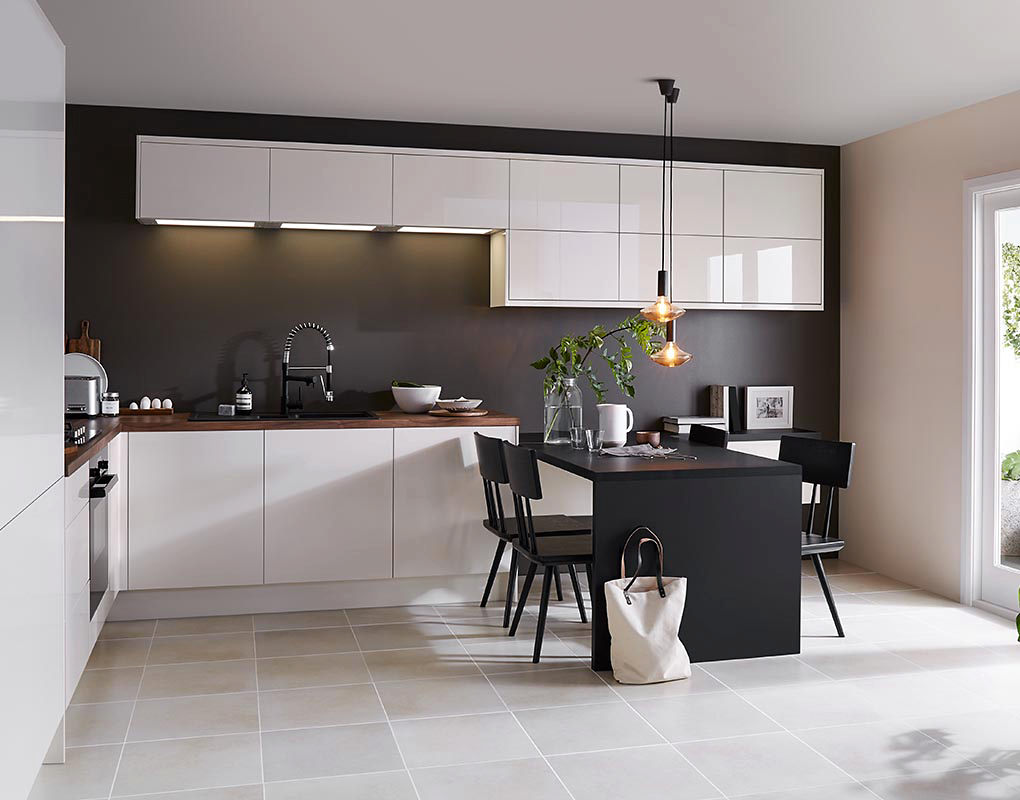
When you’ve chosen an installer
- Share any measurements with your installer and discuss your room plans
- Make sure they double check and sign off the measurements before you place your order
- Your installer will be responsible for making your kitchen fit perfectly
- Discuss with them how much time you should allow between your delivery date and when you book your installer to start work
Please note: This advice and any advice provided by our employees is intended for guidance purposes only. We provide no warranty or assurance in respect of the performance of any tradesmen who we may recommend or suggest to you and accept no liability in respect of their performance or the content of any third-party websites.
Disclaimer: If you provide us with your measurements you must ensure they’re correct and accurate. You’re responsible for the accuracy of the measurements you provide. If there’s an error in the measurements you supply and the products and / or services are made or supplied to those measurements, we will not refund the cost of the products and / or services provided, unless the products are faulty or we’ve failed to exercise reasonable skill and care.


